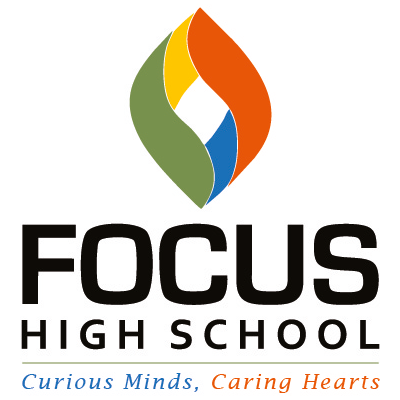At Focus High School, we empower students with a world-class education through the International Baccalaureate (IB) curriculum and a cutting-edge Science, Technology, Engineering, and Mathematics (STEM) program.

Follow Us
22-8-321 Darushifa,
Behind Salar Jung Museum,
Hyderabad TS 500024
Reception: 040 – 2440 4060 / 85228 30520
Accounts: 72070 15060
Timings:
Weekdays: 07:20 am – 03:30 pm
Weekends: 08:00 am – 02:00 pm
Sunday: Closed
Email: info@focushighschool.org
22-2-765, 766, 767 Noor Khan Bazar,
Beside Get Well Clinic,
Hyderabad TS 500024
Reception : 040 – 2456 5070 / 95735 77110
Accounts: 73306 66017
Timings:
Weekdays: 07:20 am – 03:30 pm
Weekends: 08:00 am – 02:00 pm
Sunday: Closed
Email: info@focushighschool.org
22-7-381 to 385 Purani Haveli,
Opposite to Commissioner of Police,
Hyderabad TS 500024
Reception: 040 – 2938 7502 / 89789 97980
Accounts: 89789 97984
Timings:
Weekdays: 07:20 am – 03:30 pm
Weekends: 08:00 am – 02:00 pm
Sunday: Closed
Email: info@focushighschool.org


